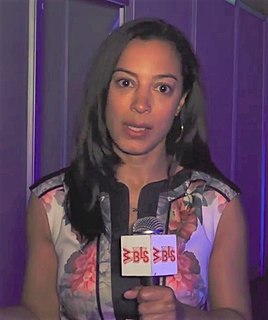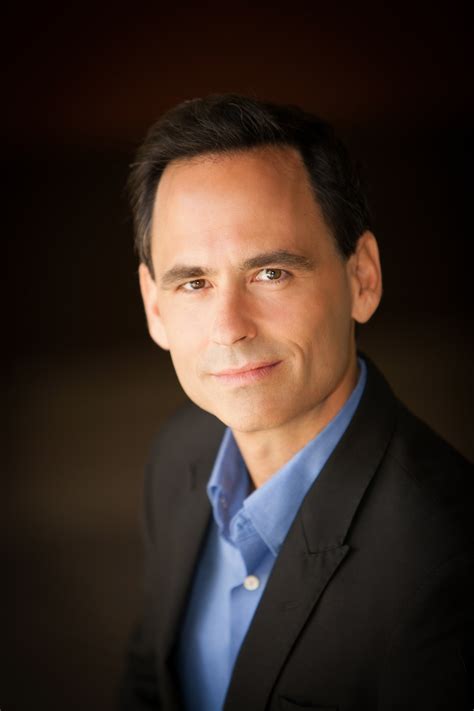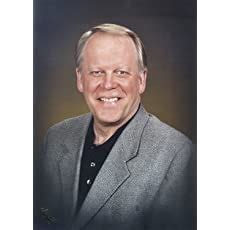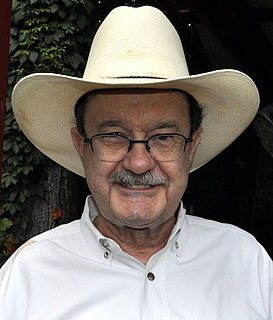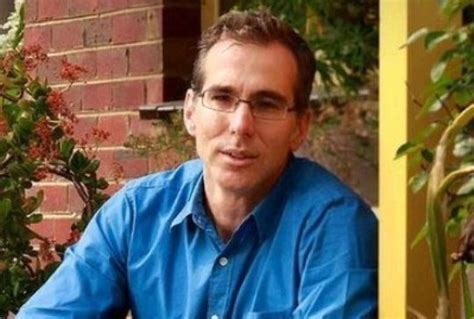A Quote by Angela Rye
If our culture is so often readily and easily appropriated, imagine what happens when we embrace our full blackness and know that our contributions are just as important to the shaping of the country and, more broadly, the world.
Related Quotes
It's very important that we keep these special, wild places. It defines the United States. Imagine our country without our national parks and our monuments. Here in California, imagine if you didn't have in Southern Cal the Channel Islands or the great Highway 1, Big Sur up to Point Reyes up to the Redwood country.
As a scientist, objectivity is one of my most deeply held values. If we could just try harder, I once thought, surely we could each see the world as others see it and learn to respect one another's views more readily. But I learned from the Pirahas, our expectations, our culture, and our experiences can render even perceptions of the environment nearly incommensurable cross-culturally.
Our culture is in deep trouble, and at the heart of its trouble is its loss of a vision for manhood. If its difficult for you and me as adult males to maintain our masculine balance in this gender-neutral culture, imagine what it must be like for our sons, who are growing up in an increasingly feminized world.
I don't know what happens to our consciousness when we're unwound," says Connor. "I don't even know when that consciousness starts. But I do know this." He pauses to make sure all of them are listening. "We have a right to our lives!" The kids go wild. "We have a right to choose what happens to our bodies!" The cheers reach fever pitch. "We deserve a world where both those things are possible— and it's our job to help make that world.
